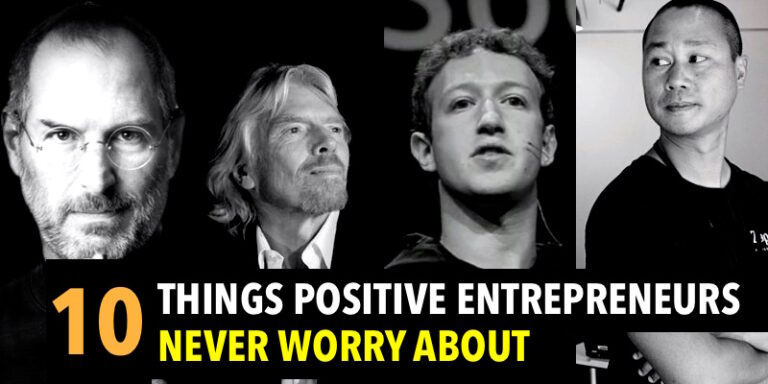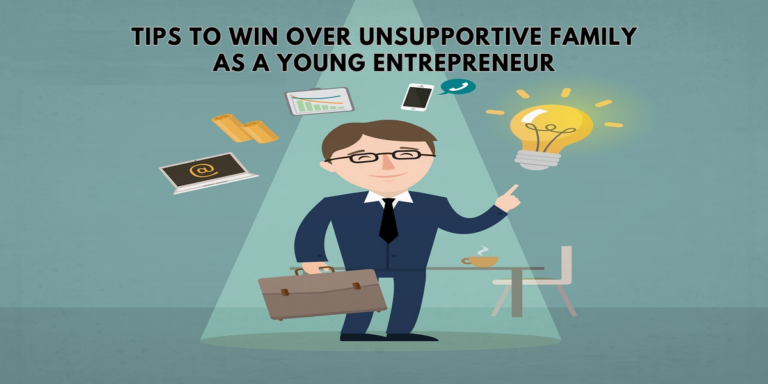Tom Hanks long and varied career as actor, producer, writer, director and app developer makes him among Hollywood’s elite, and he’s done it while maintaining a reputation as the nicest guy in Tinseltown. With all of the different roles he’s played in the movies, Tom Hanks is as well qualified as anyone to speculate on what makes a hero a hero.
Hanks’ films have grossed more than $4.3 billion at U.S. and Canadian box offices and more than $8.5 billion worldwide, making him the fourth highest-grossing actor in North America.
From Army Ranger captain John Miller in Saving Private Ryan to astronaut Jim Lovell in Apollo 13 to the cargo ship commander Captain Phillips and, “Miracle on the Hudson” pilot Sully Sullenberger, Hanks has lots of experience going deep on what makes a hero.
Here are the 10 success lessons from Tom Hanks – “Actor, Filmmaker” for entrepreneurs,
1. Take a chance and embrace the fear
It’s terrifying to choose the path of entrepreneurship over the well-worn, expected path of 9-to-5 employee. You’re risking time, money and reputation on a dream, which is stressful and scary. When the risks pay off, though, part of the high you feel comes from overcoming those moments of fear to find success. Entrepreneurs understand this; so does Hanks.
My work is more fun than fun but, best of all, it’s still very scary,” he once said. “You are always walking some kind of high wire … If I didn’t have the chance to do what I do, it’s that I would miss more than anything. That terror is what makes me feel alive. It’s a wonderful feeling, unlike anything else in the world.”
2. Be ready to improvise
Think back to the movies where Hanks has played heroes. In every case, Miller, Lovell, Phillips and Sullenberger, the leader heroes knew how the plan was designed to work and then had the self-confidence to go off script when the situation around them deviated from the plan.
The base knowledge of the plan was what gave them the confidence to improvise when they needed to.
3. Things won’t be easy
In Hanks’ words: “Something important did happen in high school. I took a drama class that determined my career….So I majored in theater arts…I went to Chabot College, where they had a great theater department. I started out operating the lights and building the sets.
Later on, I began to perform and went off to the Great Lakes Shakespeare Festival in Cleveland as slave labor. That was my big break. I went back to Sacramento as a professional actor and then went to New York with my wife and child.
It was a war of survival, really… I was on unemployment and trying to act. This went on for two years. Finally, I got a job in a low-budget movie, and after that, I got a development deal with ABC and we moved to California.”
The road to success is often winding. As an entrepreneur, you’re likely to go through ups, downs and detours galore. Keep your eye on the prize, take baby steps and be willing to work hard.
4. Look into the future
When you’re getting ready to do something difficult that you haven’t done before it helps to visualize how things could play out and what you would do in those circumstances.
The characters Hanks played all did that. Ask yourself the simple questions, “What am I trying to do?” and “How do I need to show up to do that?” can go a long way in building the self-confidence you need to perform well under difficult circumstances.
5. Don’t let success make you arrogant and lazy
As Hanks told Playboy in 1989: “When you have a hit, you get so much attention paid to you. Splash made $80 million and Bachelor Party made $40 million. You think, ‘Oh, I know how to do this.’ But you can’t even begin to know anything after two movies, though you can get arrogant and lazy.”
With your first taste of success, it may be tempting to pat yourself on the back and feel that you’ve “made it.” The best entrepreneurs will tell you not to do this — there’s no guarantee the momentum will last, especially if you lose sight of the bigger picture.
6. Practice makes perfect
Preparation and practice pay off. Think about the heroic roles that Hanks has played. The soldiers of D-Day practiced for months before the invasion. Jim Lovell had spent thousands of hours as a pilot and astronaut both in training and on missions before Apollo 13. Captain Phillips and Sullenberger both had years and years of experience.
Even if you don’t have the years behind you, you can accelerate the experience curve through well-coached practice. That’s why the Coast Guard starts doing drills as soon as their ships leave port.
7. Use failure as an opportunity to learn
“You learn more from the things that don’t work out than the things that do. I worked harder on Turner & Hooch than I did on 80 percent of the films I’ve made,” Hanks has said.
The first step to learning what works is to figure out what doesn’t work. Making mistakes is a large part of the entrepreneurial process, and the missteps you experience in the beginning could set you up for greater triumph in the end.
8. Have an inspiration
Hanks on who inspires him: “Robert Duvall. All he has to do is walk across the street. And certainly Jack Nicholson. And Robert De Niro. I would see whatever Jason Robards did. Steve McQueen; he was really cool. Also, film directors. Stanley Kubrick was a huge thing for me.”
The people who have been there before you can be great sources of inspiration and advice. Look at who inspires you and why — it can serve as a guiding force as you shape your own strategy and goals.
9. Connect with your audience
One of the things which makes him so good is his ability to come across as an average person. Hanks is so approachable and plays everyday heroes.
10. Be passionate
Hanks knows this well. “I had lived in New York for a couple of years and had developed, I guess, a defense mechanism when it came to auditions. And that was not to care about them too much.
So I was able to go in and be so casual, so nonchalant about impressing those people that I’d screw it up — as opposed to trying to show them how great and unique a talent you are. People hate you when you do that.”
People are attracted to passion just as much as they are to great ideas. You need to believe in your business wholeheartedly and let others see the drive you have.



